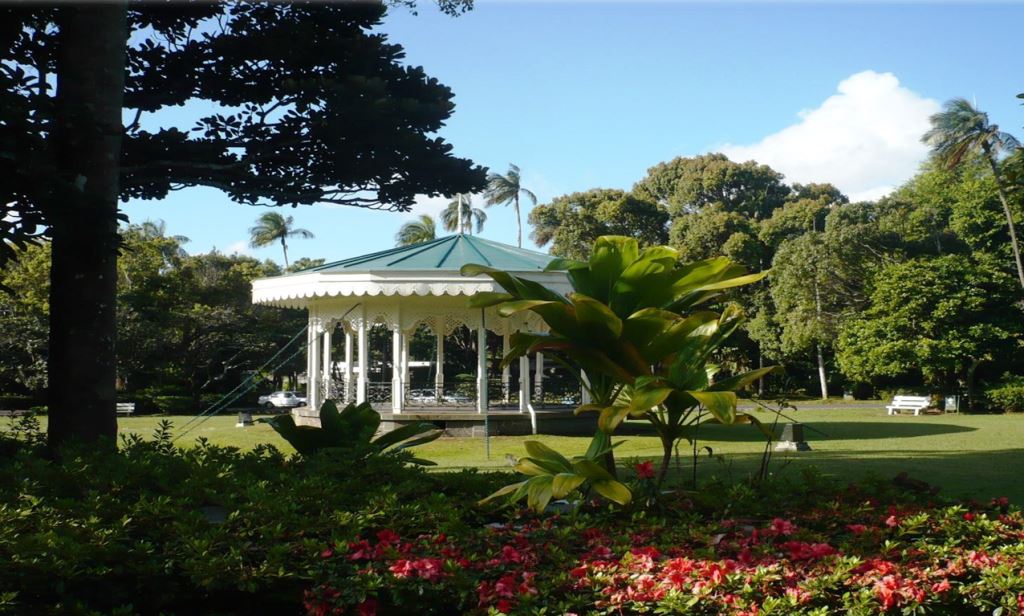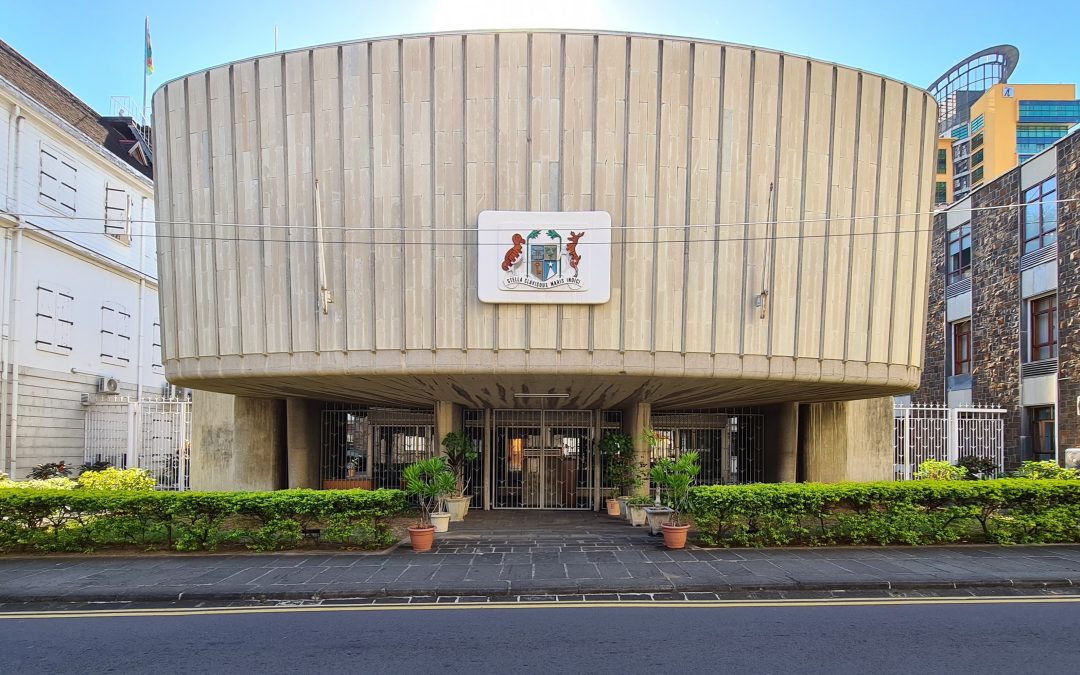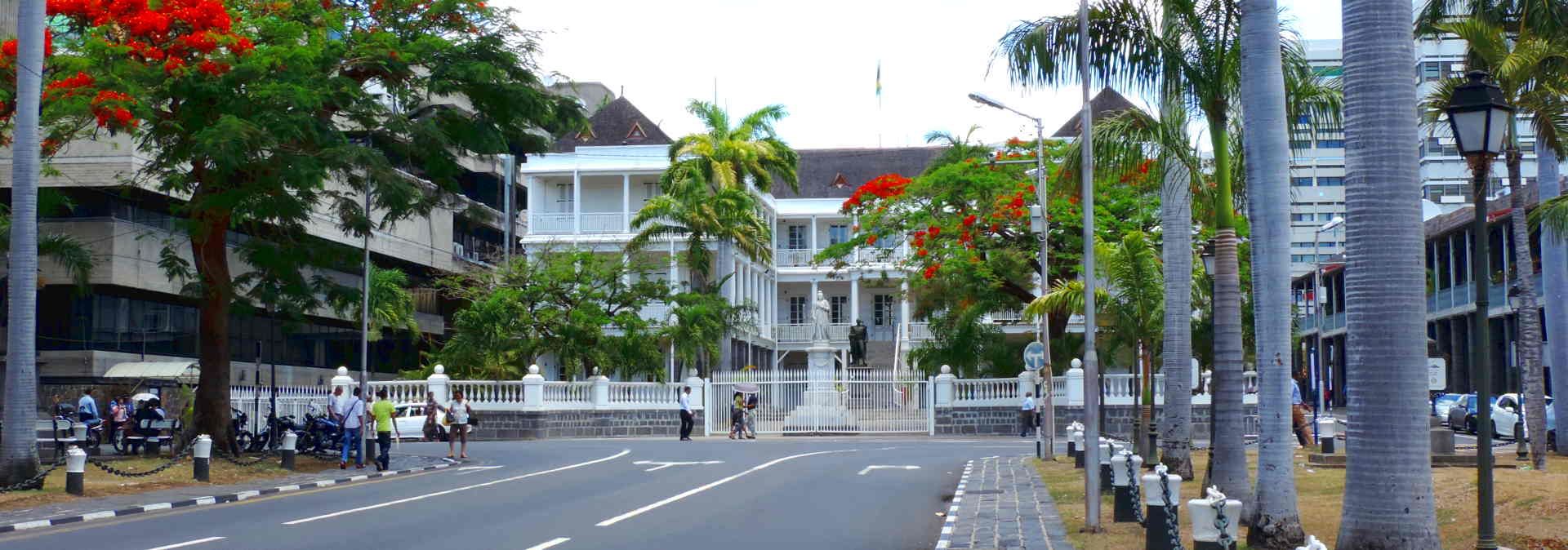Curepipe Curepipe is by far one of the most densely populated areas within Central Mauritius, and...


Curepipe Curepipe is by far one of the most densely populated areas within Central Mauritius, and...
Features information that is relevant to travellers who are thinking about and actively planning a visit to Mauritus.

Mauritius government adopts a parliamentary democracy in which the President is the head of state and the Prime Minister is the head of government, assisted by a Council of Ministers. The executive power rests with the Government and the legislature is carried out by the government and the national assembly.
The assembly consists of 70 members of whom 62 elected for four-year terms. The Electoral Service Commission appoints 8 members to ensure that ethnic and religious minorities are equitably represented. The president is elected for a five-year term by the Parliament.
According to the 2015 Democracy Index compiled by the Economist Intelligence Unit, Mauritius ranks 18th out of 167 countries and is the only African country with Full Democracy.

Judiciary
Mauritius has a legal system derived from British common law and French civil law. The Constitution provides for the separation of powers between the legislature, the executive and the judiciary. The Judicial Committee of the Privy Council is the final court of appeal of Mauritius.
Mauritius’ Courts include the Supreme Court, the Court of Rodrigues, the Intermediate Court, the Industrial Court, the District Courts, the Bail and Remand Court, the Criminal and Mediation Court and the Commercial Court.
The Supreme Court consists of the Chief Justice, a Senior Puisne Judge and a number of Puisne Judges as prescribed by the Parliament of Mauritius.
The Chief Justice is head of the judiciary and is appointed by the President in consultation with the Prime Minister. The Senior Puisne Judge is appointed in accordance with the advice of Chief Justice and the Puisne Judges in accordance with the advice of the Judicial and Legal service Commission.